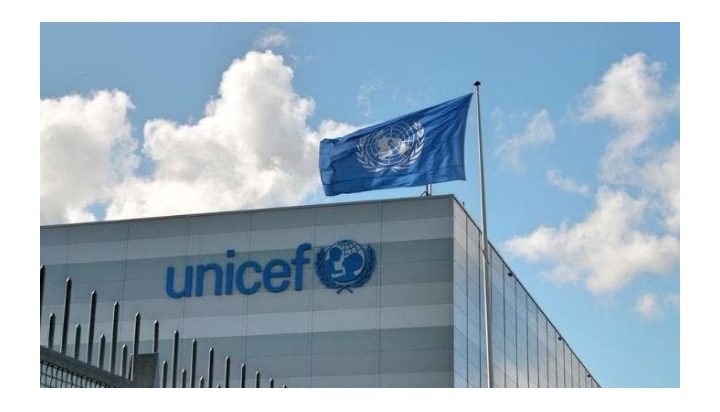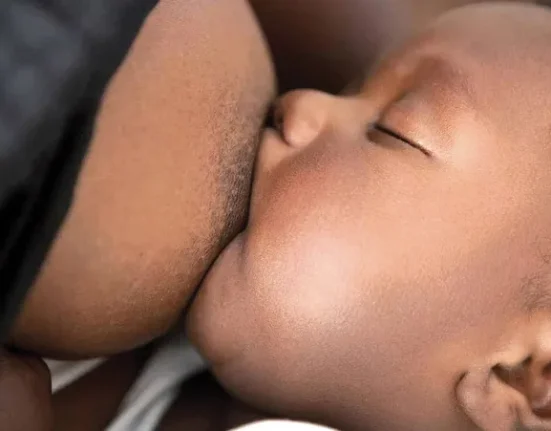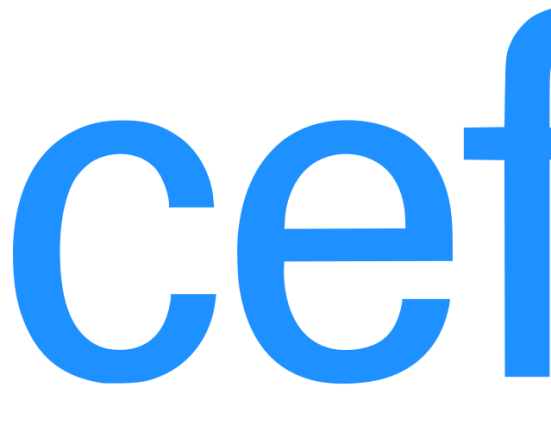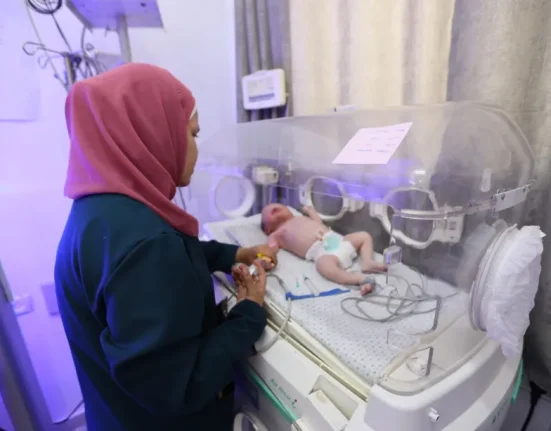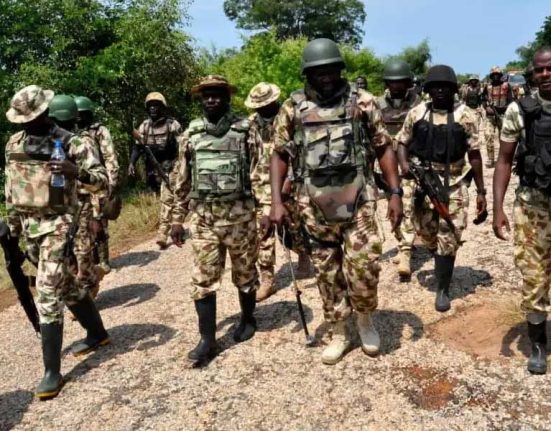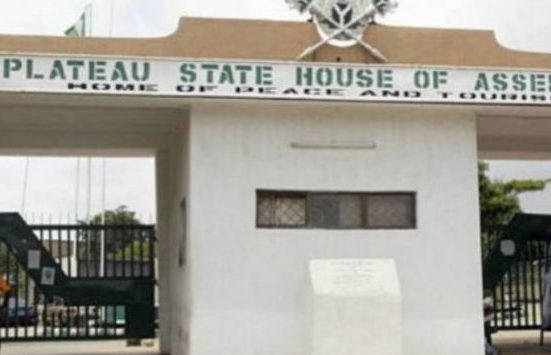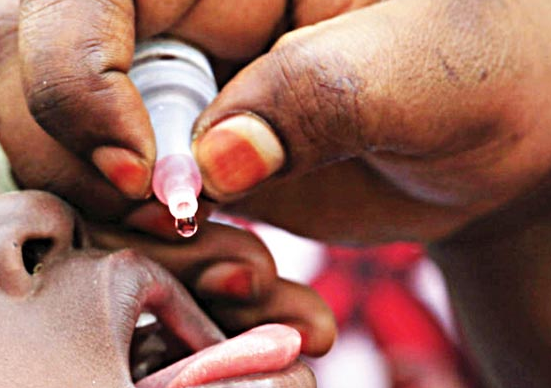The United Nations Children’s Fund (UNICEF) has outlined plans to vaccinate 68,000 children against polio in Plateau State through an extensive vaccination campaign. The initiative aims to target high-risk areas and ensure that every child is reached in the state’s efforts to eradicate polio.
During an advocacy visit to the Gbong Gwom Jos, Jacob Buba, on Wednesday in Jos, UNICEF’s Bauchi Field Officer, Ms Nuzhat Rafique, revealed that the vaccination campaign will focus on areas with high transmission risks, including Jos North, Jos South, Shendam, and Wase, in addition to five other districts with zero-dose children.
Rafique explained that the strategy for the vaccination drive includes immediate catch-up activities ahead of the campaign scheduled for April 26 to 30, with a second round planned for December. This approach, she stressed, would ensure that no child is left behind. She further noted that mobile vaccination teams, supported by security personnel, will be dispatched to reach remote and volatile areas, while traditional and religious leaders will play a key role in dispelling vaccine hesitancy within communities.
In partnership with local media, UNICEF will also work to combat misinformation surrounding vaccines, with plans to set up vaccination posts in royal palaces to build trust among community members. Rafique emphasized that follow-up visits will be conducted on a weekly basis to engage communities resistant to vaccination. Additionally, the strengthening of primary health centres will be a priority to ensure routine immunisation and long-term protection beyond the scheduled campaign periods.
The Plateau State Commissioner for Health, Dr Nicolas Baamlung, acknowledged the alarming number of 68,000 unvaccinated children in the state, describing it as a public health emergency that required immediate attention. He assured that the State Primary Health Care Development Agency, in collaboration with the health ministry, had already begun a catch-up immunisation programme in preparation for the official campaign starting on April 24. He emphasized the importance of engaging traditional rulers, local government chairmen, and community leaders to access hard-to-reach areas.
Dr Baamlung also stressed that visible leadership participation, including support from local leaders, would be instrumental in addressing vaccine hesitancy in the state. In a show of support for the initiative, the Gbong Gwom Jos promised to convene all district and village heads across Plateau to mobilize the traditional leadership structure for the success of the polio campaign. The traditional ruler assured that he and other traditional leaders would personally lead by example, including publicly demonstrating their own vaccinations to overcome cultural hesitancy and encourage widespread participation in the campaign.
This collaborative effort involving government agencies, traditional leaders, health officials, and UNICEF is poised to ensure that Plateau State takes significant steps towards eliminating polio and securing a healthier future for its children.

